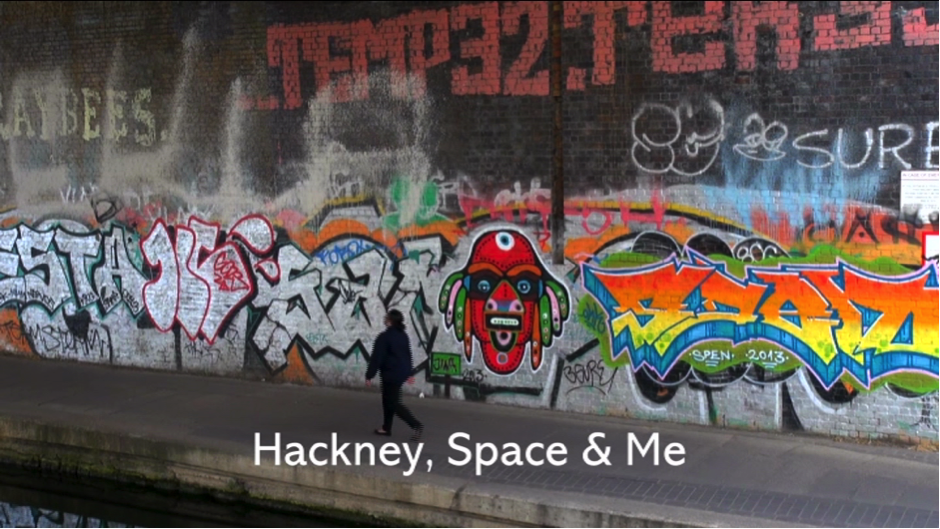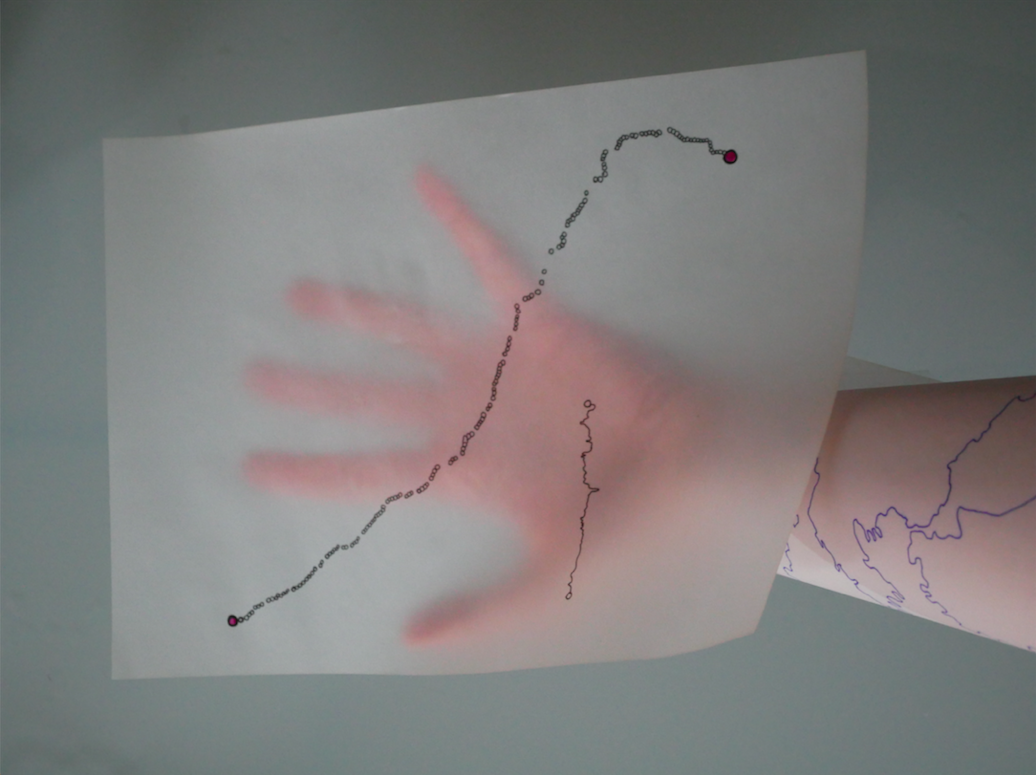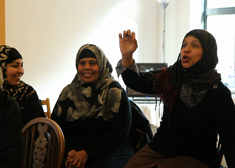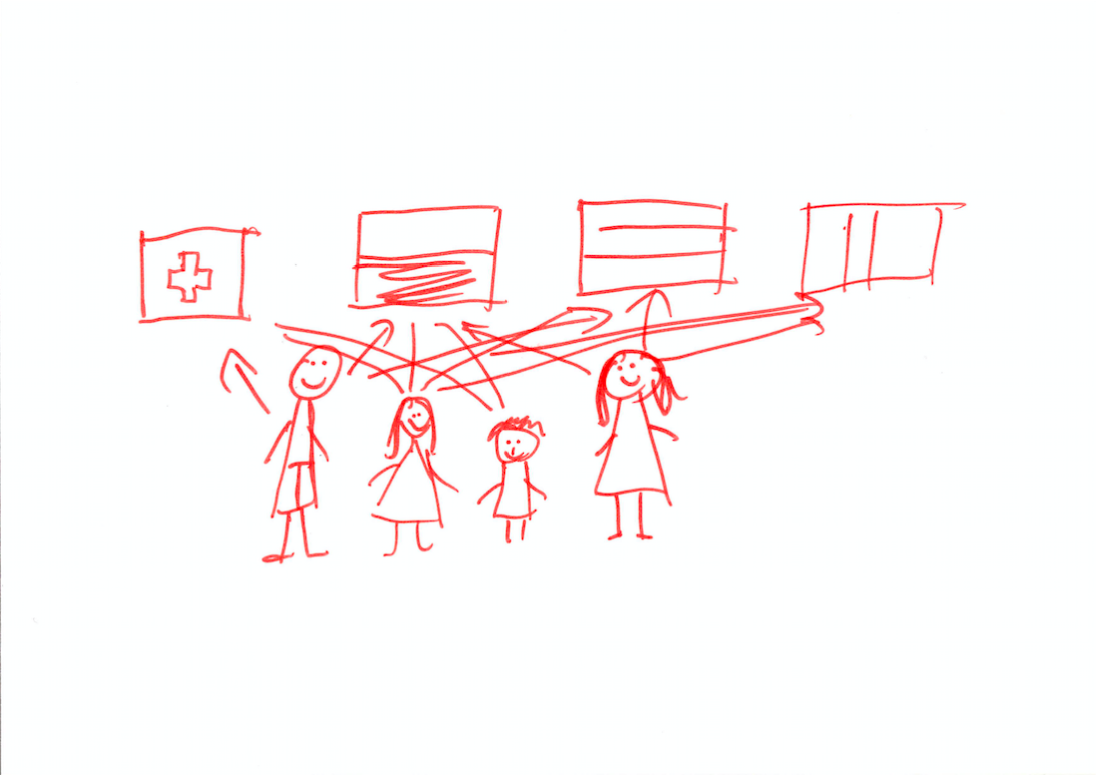
Creating Hackney as Home (CHASH) used participatory video production to explore how young people experience a sense of home and belonging under conditions of rapid urban change; how they negotiate and manage these changes in order to maintain their sense of home; and to evaluate the effectiveness of visual research methods in portraying affective relationships within, and with, the city. Facilitated by cultural geographer, Dr Melissa Butcher, a team of five peer researchers from the neighbourhood spent a summer creating short films that captured their experience of living in the east London Borough of Hackney. From journeys through the city came reflections on the impact of gentrification, using fashion to demarcate belonging and being different, growing up and out of space, and managing everyday cultural diversity. Following the completion of filming, the videos were made publically available, via screenings, the website and social media, to invite a wider audience into dialogue on the issues raised. The research also collated ethnographic description of particular sites within the borough and incorporated the research team’s critical reflections recorded on flipcams throughout the project. Key findings included that while demolition of the built environment and existing social networks was evident, there was also an ambivalence expressed towards change. Crucially, young people were found not to be necessarily averse to change in itself but to those changes that they felt left them, and other residents, marginalised. Particular concerns centred on inequality, displacement and the speed of change. The transformation in the physical and socio-economic character of Hackney has led some young people to question whether they fit into the emerging urban landscape. Adapting to this context was for some at times seen as an opportunity but for others it was a more challenging process. Maintaining a sense of home did not necessarily require learning new ways of doing things, but instead required coming to terms with change emotionally.
Researcher: Melissa Butcher, Birkbeck, University of London


 The Brexit vote engendered a sense of fractured nationhood in Wales. Wales voted to leave the European Union, however, the regions of Ceredigion, Cardiff and Gwynedd voted to remain. A key point of persuasion in the media and Brexit campaign was migration. This project explored representations of migration in Wales, both historically and in the current climate, in these three remain regions. There was an analysis of local print press media around migration to examine the positioning of migrants and the dominant competing discourses. Interviews with migrants explored how they felt they were positioned by wider Welsh society and how the temporal shift between pre- and post-Brexit have impacted on their everyday experiences. Interviews involved pre-tasks where participants worked with a pictorial timeline to reflect on these shifts and created a metaphor to represent their experiences. There was also a photo elicitation activity where images from recent media reports leading up to Brexit were introduced and explored. The findings from the study are presented in multi-modal forms, including an animated short film and two posters, to increase their accessibility and address issues of impact and engagement. You can see an animated film reflecting on the project
The Brexit vote engendered a sense of fractured nationhood in Wales. Wales voted to leave the European Union, however, the regions of Ceredigion, Cardiff and Gwynedd voted to remain. A key point of persuasion in the media and Brexit campaign was migration. This project explored representations of migration in Wales, both historically and in the current climate, in these three remain regions. There was an analysis of local print press media around migration to examine the positioning of migrants and the dominant competing discourses. Interviews with migrants explored how they felt they were positioned by wider Welsh society and how the temporal shift between pre- and post-Brexit have impacted on their everyday experiences. Interviews involved pre-tasks where participants worked with a pictorial timeline to reflect on these shifts and created a metaphor to represent their experiences. There was also a photo elicitation activity where images from recent media reports leading up to Brexit were introduced and explored. The findings from the study are presented in multi-modal forms, including an animated short film and two posters, to increase their accessibility and address issues of impact and engagement. You can see an animated film reflecting on the project 

